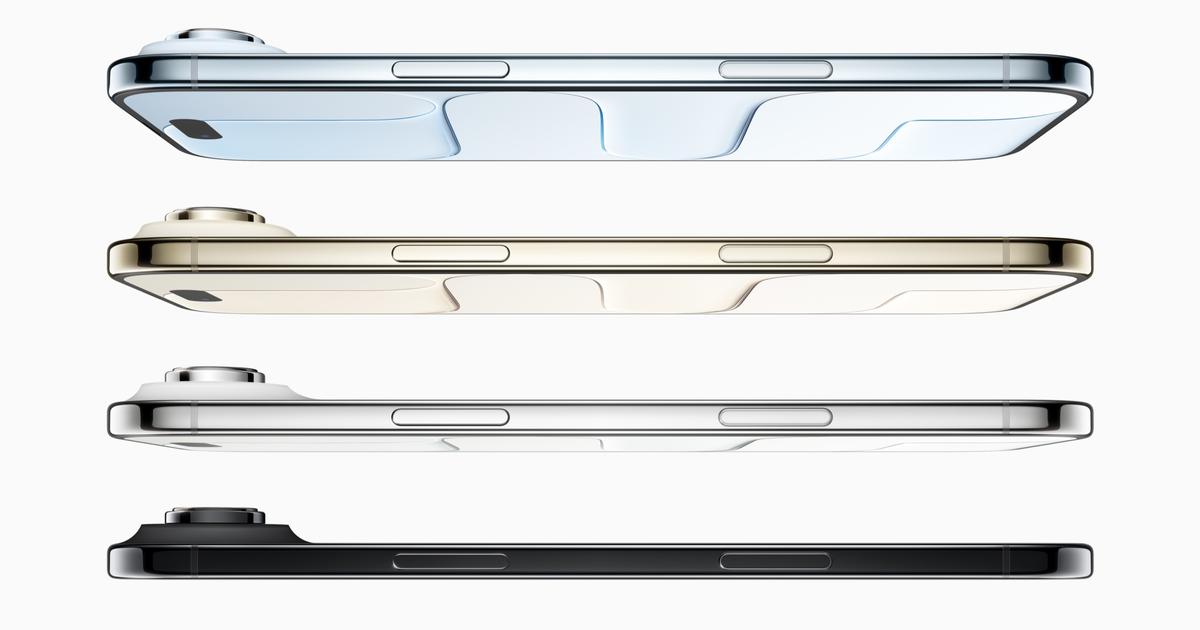China Tightens Security Reviews on European Telecom Equipment
China is reportedly restricting the use of network equipment from European telecommunications companies Nokia and Ericsson through stringent security reviews. This move is seen as Beijing's effort to reduce reliance on Western technology in critical infrastructure.
Increased Scrutiny of Foreign Bids
According to sources cited by the Financial Times, Chinese state-owned telecom equipment providers are implementing stricter reviews of foreign bids. Contracts from Nokia (Finland) and Ericsson (Sweden) are now subject to a national security review conducted by the Cyberspace Administration of China (CAC).
The CAC's review process is described as a "black box," where Chinese companies are informed whether they can use the equipment without any explanation of the evaluation process. To improve their chances of approval, bidding companies are reportedly required to disclose detailed information about each component and its localization rate. Some foreign companies are even providing details of their R&D investments in China to enhance their competitiveness.
Impact on European Telecom Giants
These reviews can take three months or longer, putting European companies at a competitive disadvantage as domestic manufacturers do not face similar scrutiny. The report suggests that China is actively decoupling its critical technology infrastructure from the West, especially after the amendment of its cybersecurity law in 2022.
The increased regulatory oversight is likely to further impact Nokia and Ericsson's performance in the Chinese market. Bloomberg reported that Nokia reduced its workforce in Greater China by nearly 2,000 employees last year. The company also revealed that its market share in China's telecom equipment market has fallen below 5%.
European Concerns about Chinese Telecoms
This development comes amidst growing concerns in Europe regarding the security risks posed by Chinese telecom giants like Huawei and ZTE. While Brussels stated in 2023 that Huawei poses a higher risk compared to other 5G suppliers, only 10 member states have implemented rules to restrict or exclude high-risk vendors.
Despite these concerns, data from Dell'Oro Group indicates that Huawei and ZTE have maintained a significant share of the European mobile infrastructure market, holding between 30% and 35%. This represents a decline of only 5 to 10 percentage points since 2020.
 Visit the website
Visit the website

